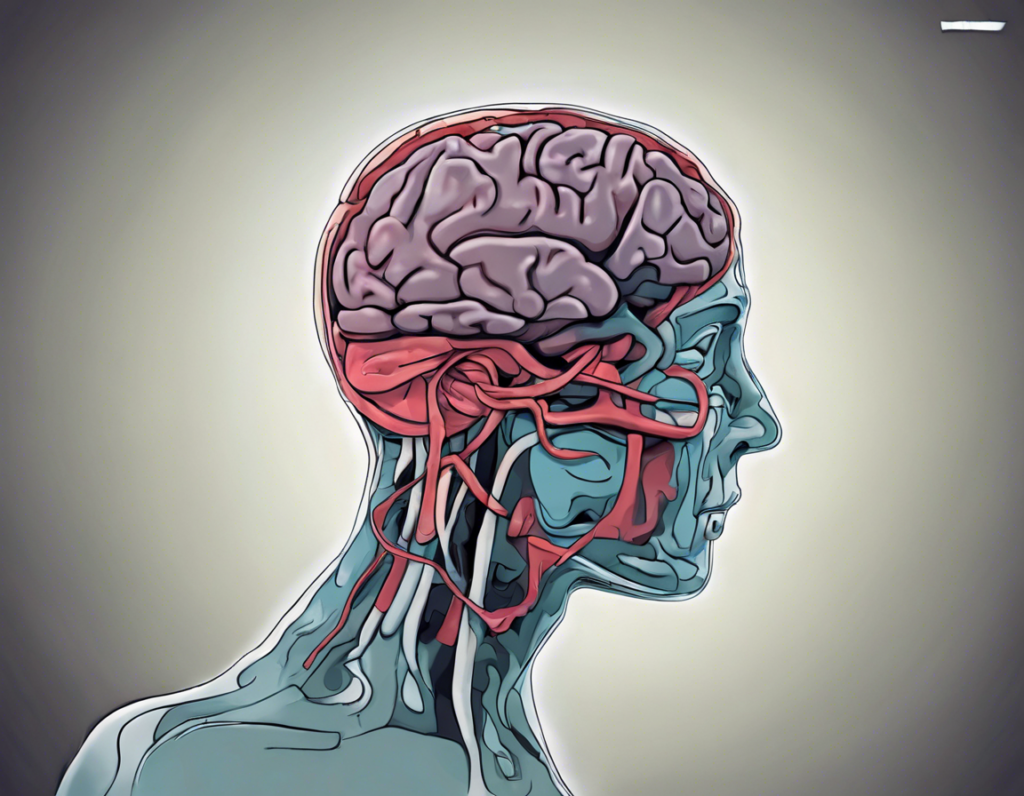Introduction
When it comes to brain tumours, the impact goes far beyond just the affected individual; it extends to their loved ones, friends, and support networks as well. In this article, we will delve into the personal journey of Charlie Doherty, a young man who faced the challenges of living with a brain tumour. By sharing his story, we aim to shed light on the various aspects of life that are influenced by such a diagnosis and offer insights into the emotional, physical, and social impacts it can have.
Charlie Doherty: A Personal Journey
Charlie Doherty was a vibrant and active young man in his twenties when he received the devastating news of being diagnosed with a brain tumour. The initial shock and disbelief were soon followed by a whirlwind of medical consultations, treatment plans, and lifestyle adjustments. For Charlie, the impact of the brain tumour was not just limited to the physical symptoms but also extended to his mental well-being, career aspirations, and relationships.
Emotional Impact
The emotional rollercoaster that Charlie experienced after his diagnosis was intense and ongoing. Feelings of fear, uncertainty, and anxiety became constant companions as he navigated the unknown territory of living with a brain tumour. The fear of the unknown, the uncertainty of his prognosis, and the anxiety about how his life would change all took a toll on Charlie’s mental health. It was crucial for him to seek support from therapists, support groups, and loved ones to cope with the emotional upheaval caused by the tumour.
Physical Impact
The physical symptoms of the brain tumour also had a profound impact on Charlie’s daily life. From recurring headaches and nausea to fatigue and dizziness, the tumour manifested itself in various ways that affected his ability to work, exercise, and carry out daily tasks. The treatments, including surgeries, chemotherapy, and radiation, further added to his physical challenges, leaving him drained and weakened. Physical therapy and a tailored exercise regimen became essential components of Charlie’s recovery journey to regain strength and mobility.
Social Impact
The social impact of Charlie’s brain tumour was another significant aspect of his journey. Relationships were tested as he grappled with the changes in his life and the adjustments that needed to be made. Some friends drifted away, unable to handle the gravity of his situation, while others stepped up to offer unwavering support. Navigating social gatherings, work environments, and social interactions became more complex as Charlie had to balance his need for normalcy with his health limitations. Building a strong support network and setting boundaries became essential for him to maintain his social well-being.
Financial Impact
The financial impact of a brain tumour diagnosis is often overlooked but can be substantial. Medical bills, treatments, medications, and lifestyle adjustments can all add up, putting a significant strain on the individual and their family. For Charlie, managing the financial aspects of his diagnosis became a priority, requiring careful budgeting, insurance navigation, and potentially seeking financial assistance through grants or crowdfunding campaigns.
Coping Strategies
Despite the challenges he faced, Charlie was determined to overcome the obstacles posed by his brain tumour. Through a combination of resilience, positivity, and self-care, he developed coping strategies that helped him navigate his journey with grace and strength. Mindfulness practices, creative outlets, and a strong support system played crucial roles in helping Charlie maintain his mental and emotional well-being throughout his treatment and recovery process.
FAQs
Q: What are the common symptoms of a brain tumour?
A: Common symptoms of a brain tumour can include headaches, seizures, cognitive changes, vision problems, and balance issues.
Q: How is a brain tumour diagnosed?
A: Brain tumours are typically diagnosed through a combination of imaging tests such as MRI or CT scans, neurological exams, and sometimes a biopsy of the tumour tissue.
Q: What are the treatment options for a brain tumour?
A: Treatment options for a brain tumour may include surgery, radiation therapy, chemotherapy, targeted drug therapy, or a combination of these approaches.
Q: How can family and friends support someone with a brain tumour?
A: Family and friends can offer support by being good listeners, providing practical help with daily tasks, offering emotional support, and researching resources for the individual.
Q: Is it possible to live a fulfilling life after a brain tumour diagnosis?
A: Yes, many individuals are able to live fulfilling lives after a brain tumour diagnosis, with the right support, medical care, and personal resilience.
In conclusion, Charlie Doherty’s personal journey with a brain tumour sheds light on the multifaceted impact that such a diagnosis can have on an individual’s life. By understanding the emotional, physical, social, and financial challenges associated with a brain tumour, we can offer better support and compassion to those facing similar journeys. Charlie’s resilience and determination serve as an inspiration for others to navigate their own challenges with grace and strength.
